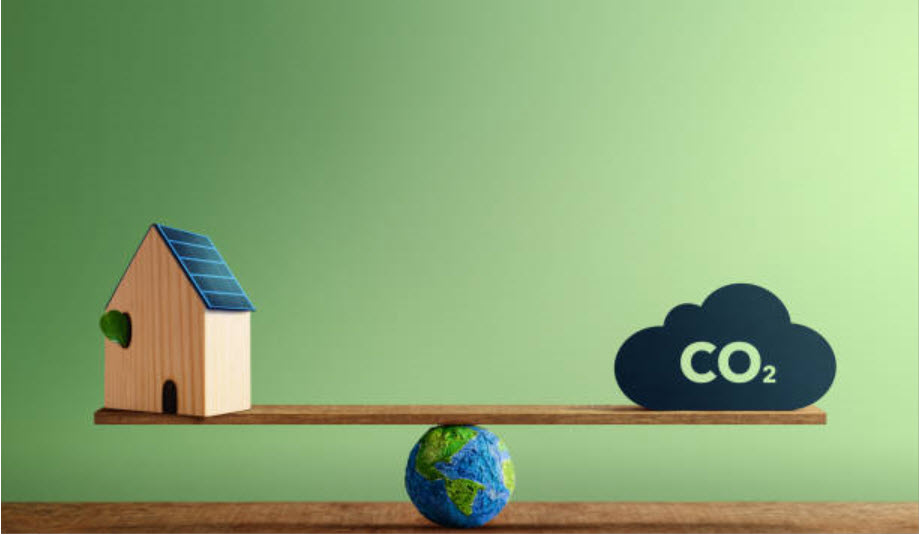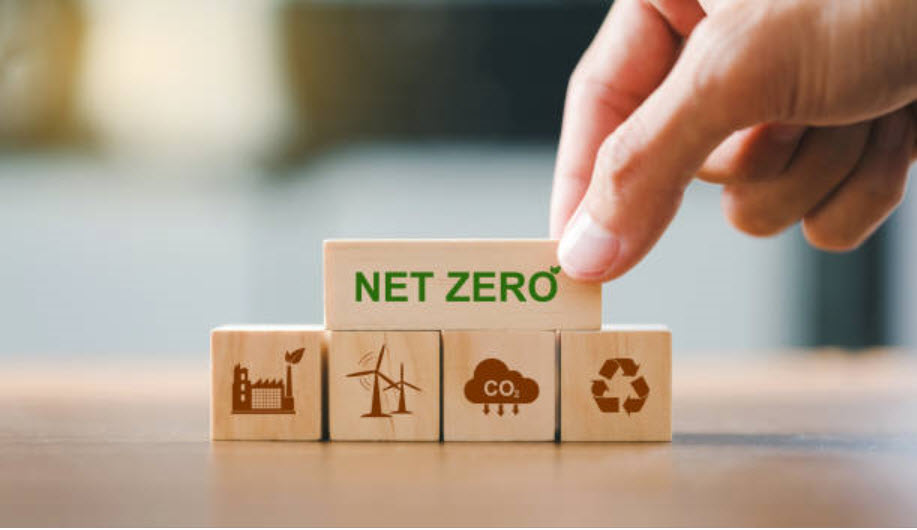There’s been a lot of talk over the past few years about Canada’s ambitious commitment to reach a net-zero economy by 2050. Canadians have a wide range of opinions on the topic, but their views are polarized when it comes to the ability of governments and industries to meet this target.
A national energy survey conducted by Nanos for the University of Ottawa in June 2022, asked Canadians about the country’s ability to meet climate change targets, ensure energy affordability and security, and to balance Canada’s economic, environmental and energy objectives. While three in four Canadians are aware of Canada’s net-zero target, four in ten Canadians believe that there’s a lack of clear policy and regulatory framework to achieve our climate change targets.
Dr. Monica Gattinger, the Founder and Chair of the University of Ottawa’s Positive Energy program, wants Canadians to know that when it comes to net zero and energy conversations, there is a lot to be positive about. Gattinger, a self-described ‘energy geek’, was appointed in November 2022 to Ontario’s Electrification and Energy Transition Panel. She was recently featured on the February 27, 2023 edition of Hydro Ottawa’s thinkenergy podcast.
Gattinger began the Positive Energy Program in 2015, out of a frustration with the tone and focus of conversations within the energy sector at that time. Her vision was to change the tone of the conversations about energy, to determine why Canadians were divided on energy issues, and to “chart a positive path forward.”
It became clear through Positive Energy’s research that there was a strong need to improve public confidence in decision making around energy and climate issues. To do this, the program used the convening power of the University of Ottawa to bring together academic researchers, and senior decision makers from industry, government, Indigenous communities, local communities and environmental organizations to determine how best to strengthen public confidence in energy decision making.
Gattinger believes that the voices and debates that Canadians often hear about energy issues represent viewpoints which tend to reflect the opposite ends of the spectrum. She feels that the consensus on energy issues among Canadians is much closer in reality. “There is a remarkable alignment of views among Canadians on many aspects of the country’s energy future,” Gattinger says. “What we’re trying to do at Positive Energy is to see just how divided we are, and much of our work has brought forward that we’re not as divided as we might think on some of these issues.”
In order to improve public confidence about energy and climate issues, Positive Energy focused its first phase of research on identifying what was most important to communities who were being consulted on energy projects. The research showed, not surprisingly, that communities valued information and lots of it, as well as early and meaningful consultation. It was also important to have solid processes at the community level that they could have faith in.
In the second phase of its research, Positive Energy looked at the level of polarization among Canadians on energy and climate issues. They discovered that while hardened positions on energy and climate issues exist at the opposite ends of the spectrum, there is a middle ground where consensus building can happen. “It’s important to create non-partisan forums where people can come together,” says Gattinger.
A number of case studies were initiated by Positive Energy to identify what works best when it comes to building public confidence in decision making. They discovered that process really does matter, and that there is no singular initiative that will solve all of our energy and climate related challenges.
While Gattinger has seen greater alignment among governments regarding net-zero decision making, she believes that more work needs to be done on energy security: the need to provide Canadians with reliable, affordable and available energy for the long-term. “When the lights go out, it captures people’s attention,” says Gattinger. “If we’re going to move forward with electrification, we’re going to need to double or triple our generating capacity in the country. It will require a whole lot of infrastructure.”
Gattinger wants Canadians to keep in mind that the scale of transformation toward net zero is no small feat. “Only about 20 per cent of end-use energy is currently accounted for by electricity,” says Gattinger. “If we’re looking to scale that up to 80 per cent, that’s four times where it currently stands. That’s a massive transformation of our energy systems and broader economy.”
Ontario’s electricity sector is almost 94 per cent emissions-free thanks to nuclear (56.8 per cent) waterpower (24.4 per cent)and a growing fleet of renewable sources such as solar, wind and bioenergy (11.6 per cent).
Gattinger wants Canadians to know that consensus takes time, and that while there are no silver bullets or easy answers to tough questions, progress is possible. She points to Canada’s carbon tax as an example of a ‘massive’ achievement which took time to achieve.
Despite the many challenges on the road to net zero, Gattinger is excited about how industry, governments and indigenous communities are working together, citing a number of "unbelievable, constructive, meaningful partnerships” that have developed over the past few years. Government and industry are now in the “‘let’s roll up our sleeves and get this done phase,” and Gattinger couldn’t be more excited about the positive energy this will create in Canada’s energy future.
To hear more from Dr. Gattinger, listen to “Positive Energy in a Polarized World”, the latest thinkenergy podcast from Hydro Ottawa.



